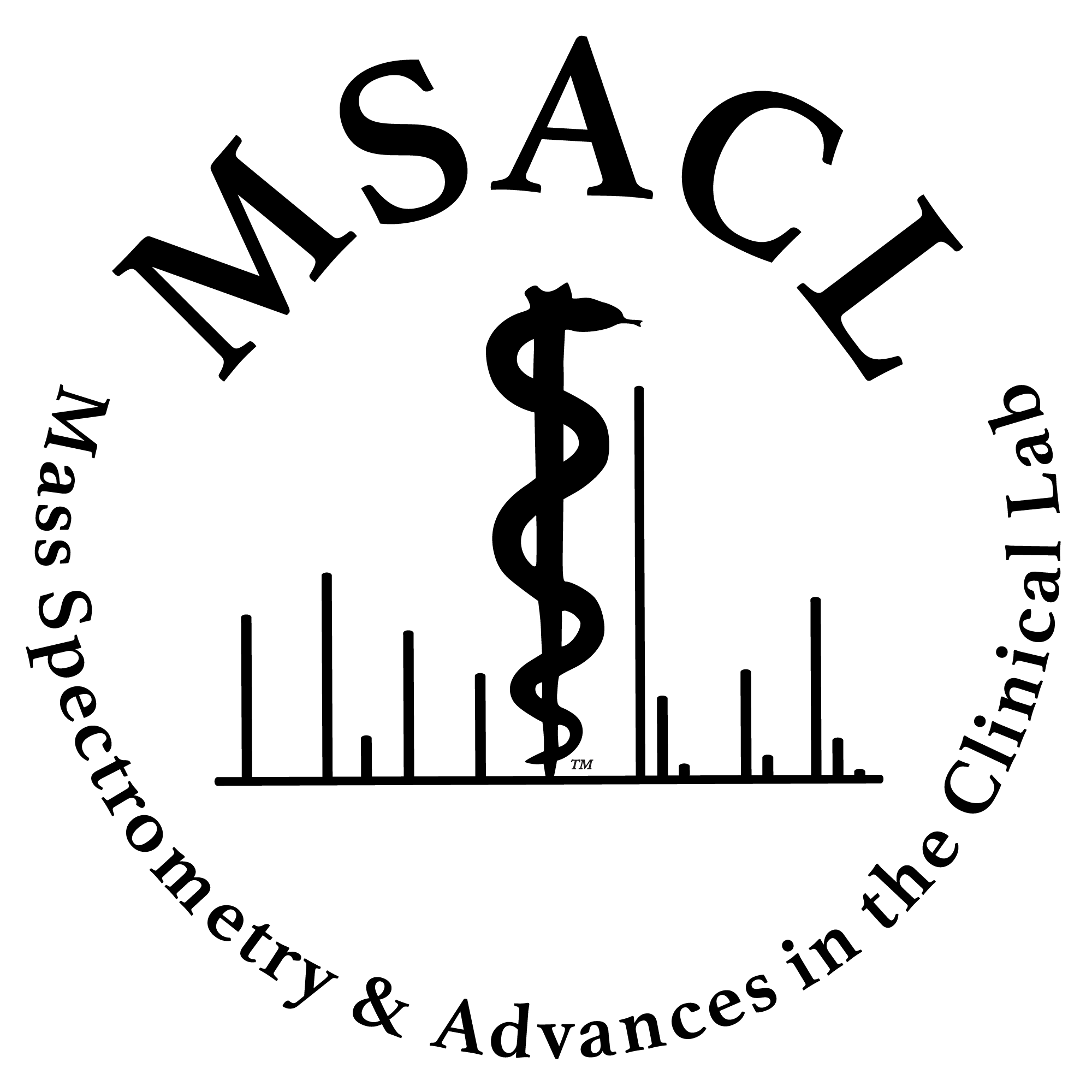|
Abstract INTRODUCTION: The detailed investigation of metabolites in human samples (serum, plasma, urine, saliva, feces or tissues), termed metabolomics, carries a great potential for the discovery of unknown biomarkers. The two major phase II modifications sulfation and glucuronidation have been linked to microbiota-human host co-metabolism.
OBJECTIVES: Our aim is the development of new methodologies to overcome limitations in sample preparation for subsequent mass spectrometric analysis. We are developing and utilizing techniques at the interface of chemistry and biology to allow for an advanced targeted qualitative and quantitative metabolomics analysis for the discovery of disease-specific biomarkers.
METHODS: We have developed a unique chemical biological technique by combining selective enzymatic metabolite conversion with metabolomics data analysis. We are selectively converting sulfated [1,2] and glucuronidated [3] metabolites in human urine samples for subsequent UPLC-MS/MS analysis using purified sulfatases and glucuronidases, respectively. The obtained raw data were then processed with R using the XCMS metabolomics framework to selectively identify metabolites with a sulfate and glucuronide moiety. We have performed MS/MS fragmentation for all identified features in order to validate the molecular structure. Recently, we have applied this methodology to a dietary intervention study [4]. To enhance the scope of our method, we have now applied two recombinant enzymes, ASPC and BG-Turbo, in order to increase the number of sulfated and glucuronidated metabolites and enhance the analysis for identification of additional scaffolds.
RESULTS: Through this advanced metabolomics analysis, we were able to detect 206 sulfated metabolites [1], which was three times higher than reported in the Human Metabolome Database at the time. Our approach for investigation of glucuronidated metabolites resulted in the detection of 191 metabolites including microbiota-derived compounds as well as previously unidentified molecules [3]. We have now obtained enzymatic hydrolysis profiles of sulfates and glucuronides with diverse scaffolds for the new recombinant enzymes.
CONCLUSIONS: We have succeeded in identifying numerous metabolites that have been correlated with microbiome host co-metabolism using these two new enzymes demonstrating the broad applicability of our analytical tool for elucidation of the cross-talk of gut microbes and their host.
REFERENCES
[1] C. Ballet, M.S.P. Correia, …, D. Globisch Chem. Sci. 2018, 9, 6233–6239.
[2] A. Jain, …, D. Globisch J. Pharm. Biomed. Anal. 2021, 195, 113818.
[3] M.S.P. Correia, M. Rao, C. Ballet, D. Globisch Chembiochem 2019, 20 (13), 1678–1683.
[4] M.S.P. Correia, A. Jain, …, A. Rodriguez-Mateos, D. Globisch Free Radic. Biol. Med. 2020, 160, 745–754. |

